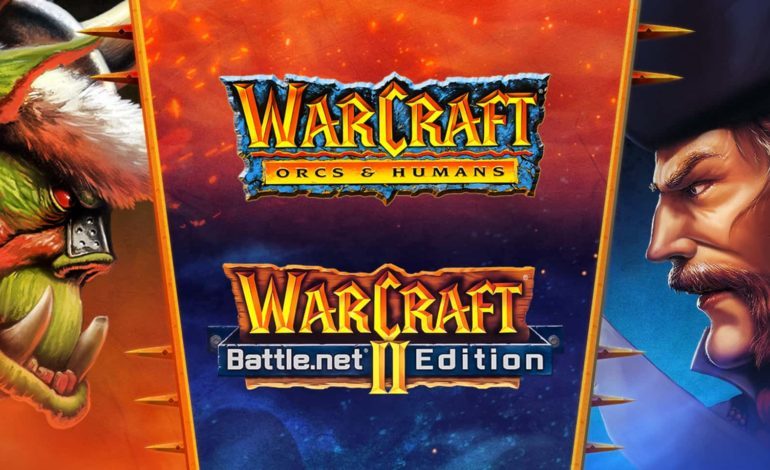

Thank goodness for corporate foresight, right? Blizzard Entertainment has made a decisive move to protect its recent remasters of Warcraft: Orcs & Humans and Warcraft II: Tides of Darkness by delisting the original versions of these games from GOG.com. This ensures no unsuspecting customer opts for the more affordable, DRM-free editions priced at $15 (£12) when they could spend $40 (£35) on the remasters via Blizzard’s storefront instead. What a relief.
Starting December 13, Warcraft 1 and 2 will no longer be available on GOG. This follows Blizzard’s surprise release of their remastered versions just a month earlier. However, gamers who own or purchase the originals before December 13 will retain access. To sweeten the deal, GOG has introduced a discount code, MakeWarcraftLiveForever, allowing players to knock $2 (£1.50) off the bundle price if they act quickly before the delisting takes effect.
There are, however, some nuances to consider. Firstly, Blizzard also sells the original Warcraft games on its Battle.net platform. At this point, it’s unclear whether those versions will also be removed. Questions have been raised, and updates are awaited. It’s worth noting that the Battle.net versions differ from GOG’s offerings. For example, GOG’s Warcraft 1 includes an internal configuration tool to streamline multiplayer connections. At the same time, Warcraft II has a DXWrapper designed to maintain the game’s original presentation on modern resolutions.
A more significant point of contention arises from GOG’s Preservation Program. This initiative pledges to keep certain classic games functional on modern hardware “for generations to come.” Warcraft 1 and 2 were recently inducted into this program, raising questions about the policy’s credibility now that the games are being removed from sale. Fortunately, GOG is standing by its promise: owners of these titles will still benefit from compatibility updates and technical support even after the delisting. GOG states, “Once the game obtains a badge, we pledge to maintain its compatibility even if it gets delisted from the store.”
This commitment extends beyond just Warcraft. It’s a broader statement about GOG’s dedication to its preservation policy. Even for delisted titles, the company ensures that players can rely on continued support, including adjustments for Windows updates or other challenges that might otherwise disrupt playability. While this promise may not yield immediate financial returns, it bolsters GOG’s reputation as a haven for classic PC gaming.
That said, the broader implications remain to be seen. Will more publishers follow Blizzard’s lead, pulling older, cheaper editions of games in favor of more expensive remasters or new versions? Maintaining delisted titles like Warcraft may not be too burdensome, but the long-term sustainability of such a policy could be tested if the trend grows.
For now, at least, GOG’s policy offers some reassurance to fans of gaming history. As long as gems like Alpha Protocol remain playable, there’s hope for preservation in an increasingly remastered world.
Play games, take surveys and take advantage of special offers to help support mxdwn. Every dollar helps keep the content you love coming every single day.
